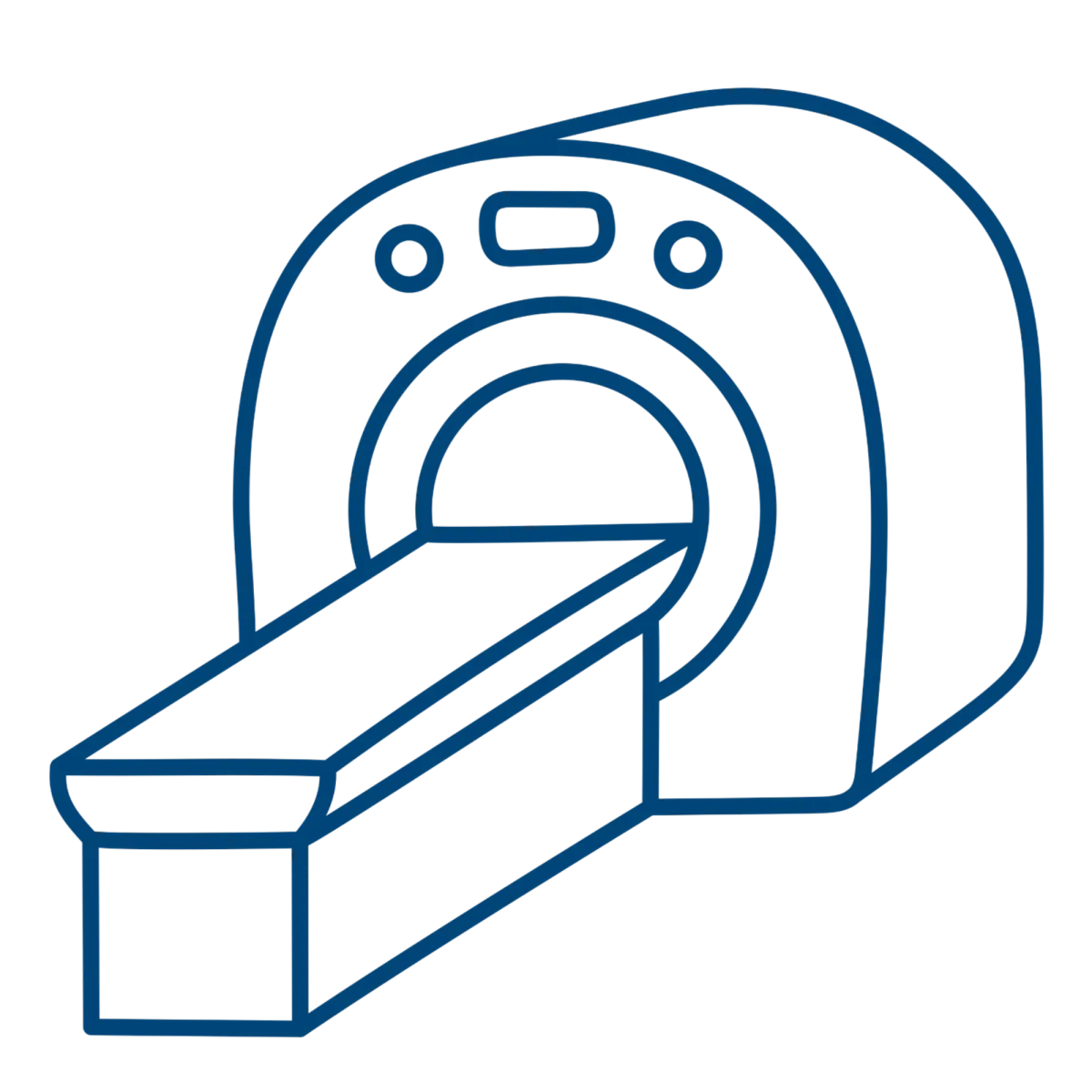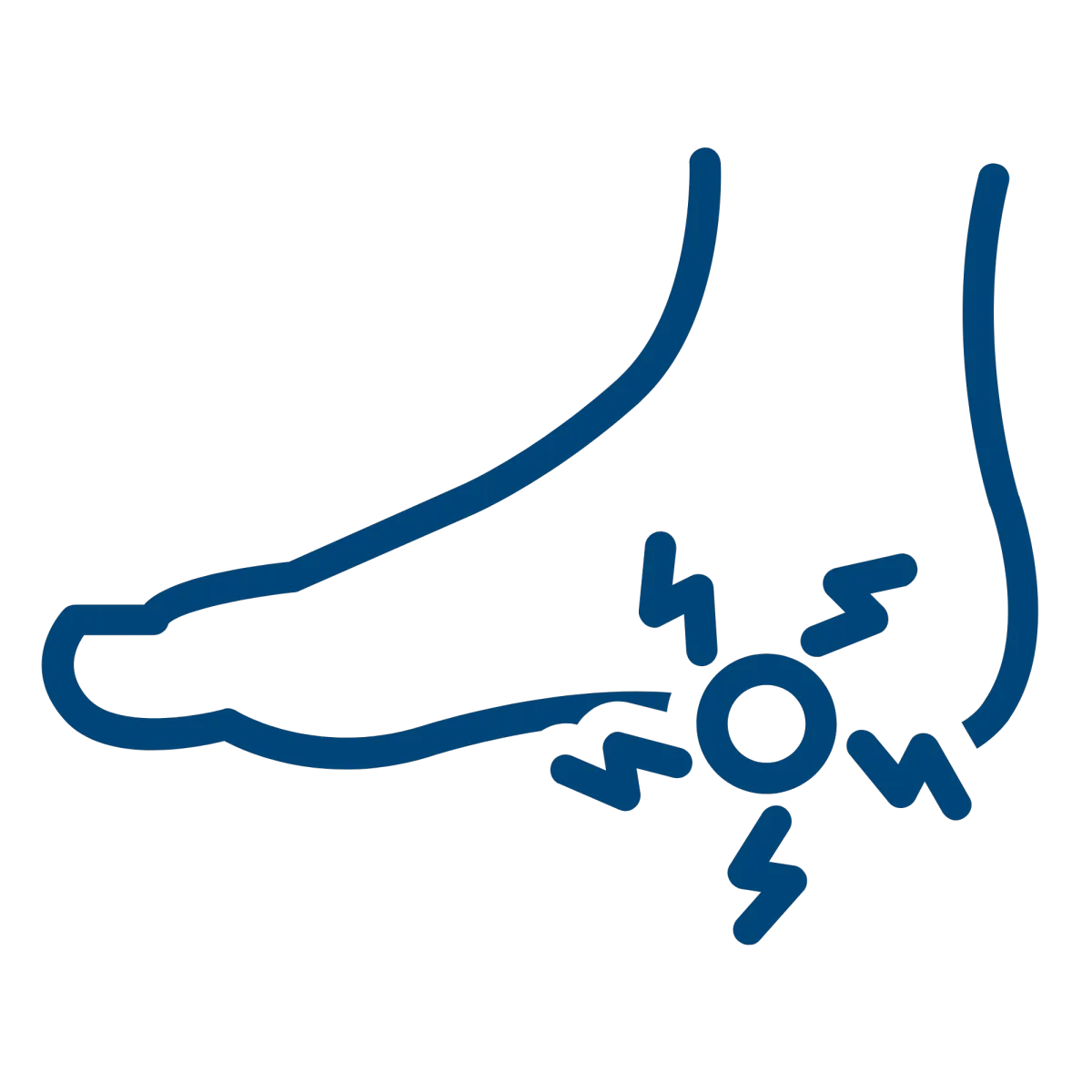Ultrasound
An ultrasound, or sonogram, is a diagnostic imaging technique that uses high-frequency sound waves to create real-time images of the inside of the body. During the procedure, a gel is applied to the skin, and a handheld device called a transducer is moved over the area of interest to capture the sound waves reflected off internal structures. The images are then displayed on a monitor for evaluation. Preparation for an ultrasound may include fasting for a few hours if imaging the abdomen or drinking water to fill the bladder if imaging the pelvic region. The procedure is non-invasive and generally painless, though the gel used may feel cold or slightly uncomfortable.
World-Class Experts
We are the oldest and largest private radiology group in the Omaha/Council Bluffs area, offering patients world-class expertise in the areas of:
- Abdominal imaging
- Breast Imaging
- Musculoskeletal Imaging
- Neuroimaging
- Nuclear medicine/molecular medicine
- Pediatrics
- Trauma
- Vascular and interventional radiology
Reliable Results
The accuracy of your diagnosis largely hinges on three things:
1) the technology of your diagnostic machines,
2) the experience of the person performing your tests, and
3) the specialization and experience of the radiologist who reads your reports
We have you covered with our top-of-the line equipment and the most experienced radiology team in the area.
You're in good hands!
What is an ultrasound?
An ultrasound, also known as sonography, is a medical imaging technique that employs high-frequency sound waves to produce real-time images of internal structures within the body.
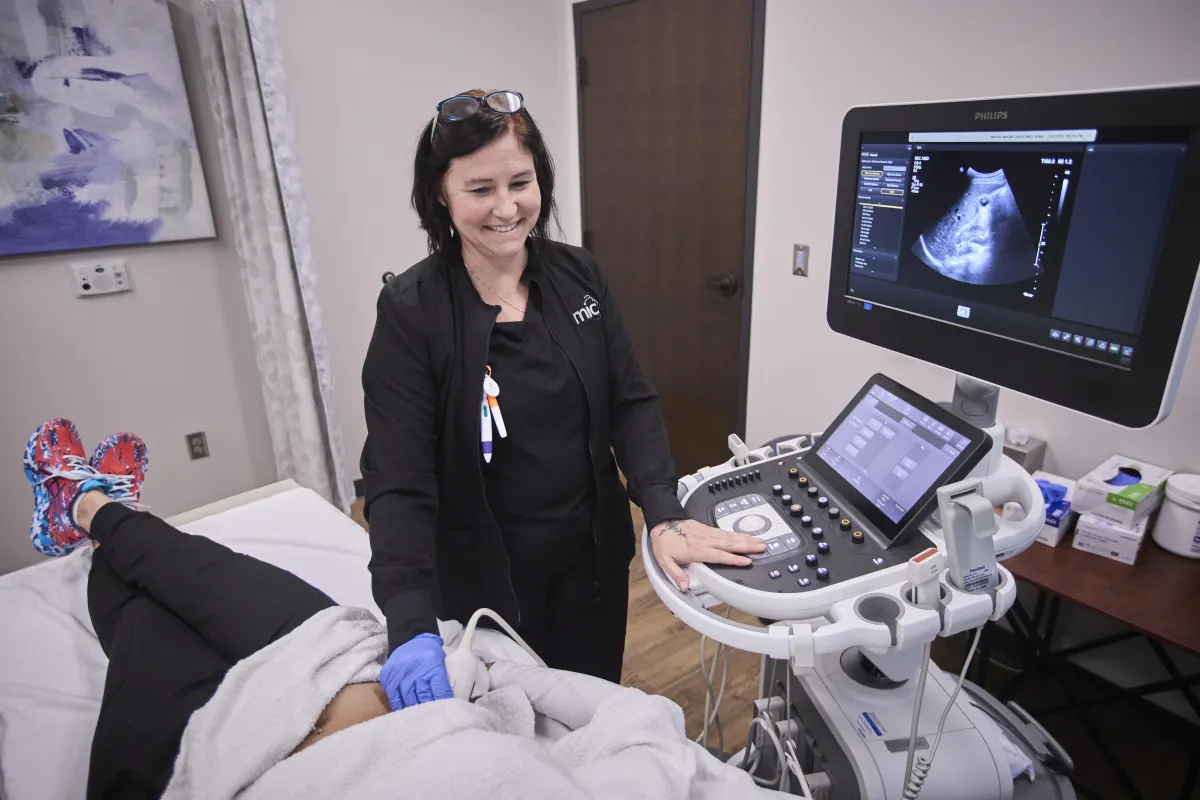
The process involves transmitting sound waves through a transducer, which is a handheld device that is moved over the skin after applying a coupling gel. These sound waves echo off tissues and organs, creating visual images on a monitor that can be used to assess the health of various bodily structures. Ultrasound is widely utilized for evaluating organs, monitoring pregnancies, and guiding certain medical procedures due to its non-invasive nature and lack of ionizing radiation. The resulting images assist healthcare professionals in diagnosing conditions, planning treatments, and conducting follow-up assessments.
Important things to know about an ultrasound
Ultrasound uses high-frequency sound waves to produce real-time images of internal organs and tissues, helping to diagnose conditions, monitor pregnancies, and guide certain medical procedures.
The procedure involves applying a special gel to the skin and using a handheld device called a transducer to capture sound waves reflected from internal structures. The images are displayed on a monitor for assessment.
The procedure is generally non-invasive and painless, though the gel used may feel cold or slightly uncomfortable. The duration is typically between 30-60 minutes.
Ultrasound results are reviewed by a radiologist, who will send a report to your healthcare provider. Your provider will discuss the findings with you and determine any necessary next steps.
Frequently Asked Questions
How long will the Ultrasound take?
Most ultrasounds exams take between 30 to 60 minutes, depending on the area being examined and the complexity of the study.
How to prepare for your Ultrasound?
Adhere to any preparation guidelines provided by your healthcare provider. For abdominal ultrasounds, you may be required to not have food or drink for several hours before the procedure to ensure a clearer view of the organs. For pelvic ultrasounds, you might need to drink a specified amount of water prior to the exam to ensure your bladder is full, which helps in visualizing pelvic structures. It is best to wear loose, comfortable clothing that allows easy access to the area being examined. You may be asked to change into a gown or robe, depending on the location of the ultrasound. Please be sure to notify the ultrasound technologist about any relevant medical conditions, recent surgeries, or prior ultrasound studies done at other facilities so that we can obtain the images for comparison. This information helps in accurately conducting and interpreting ultrasounds.
Varicose
Veins
Pelvic
Pain
Non Healing Wounds
Plantar
Fasciitis
Uterine
Fibroids
Benign Prostatic Hyperplasia
Services
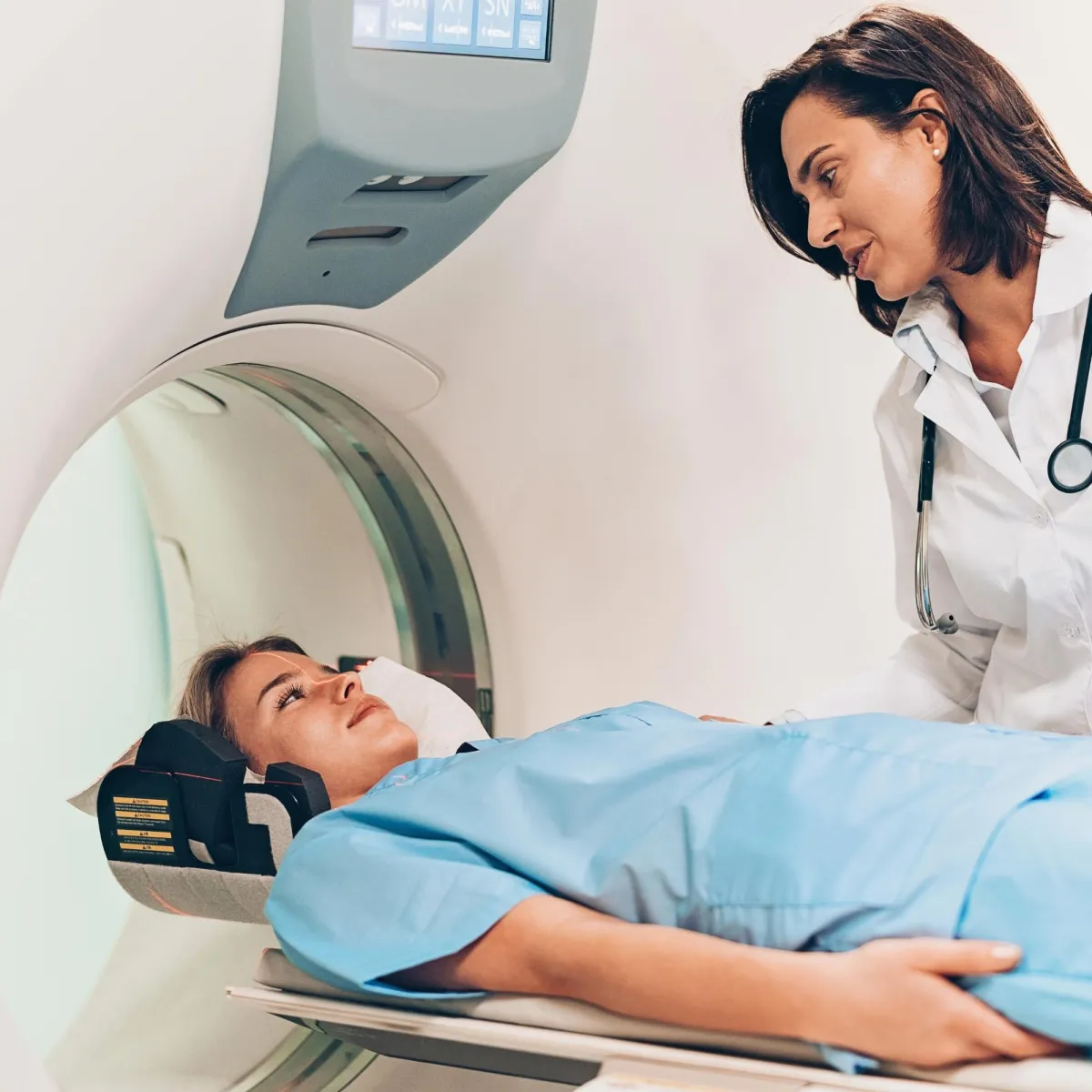


CT Scan
Minimally Invasive Therapies
Molecular Medicine


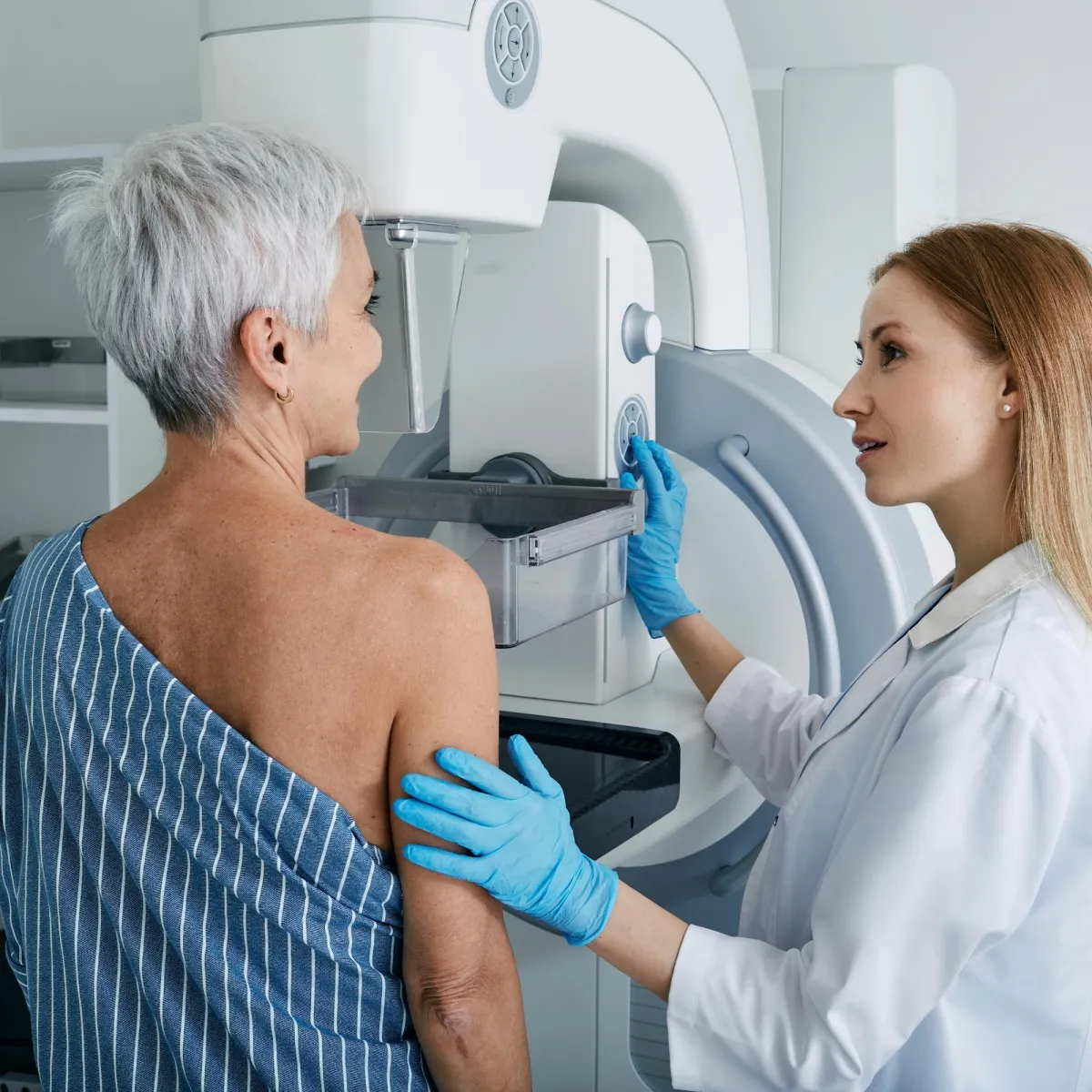
MRI
Ultrasound
Women's Imaging
M-F: 8:00am-5:00pm
Extended Hours Available
Upon Request






